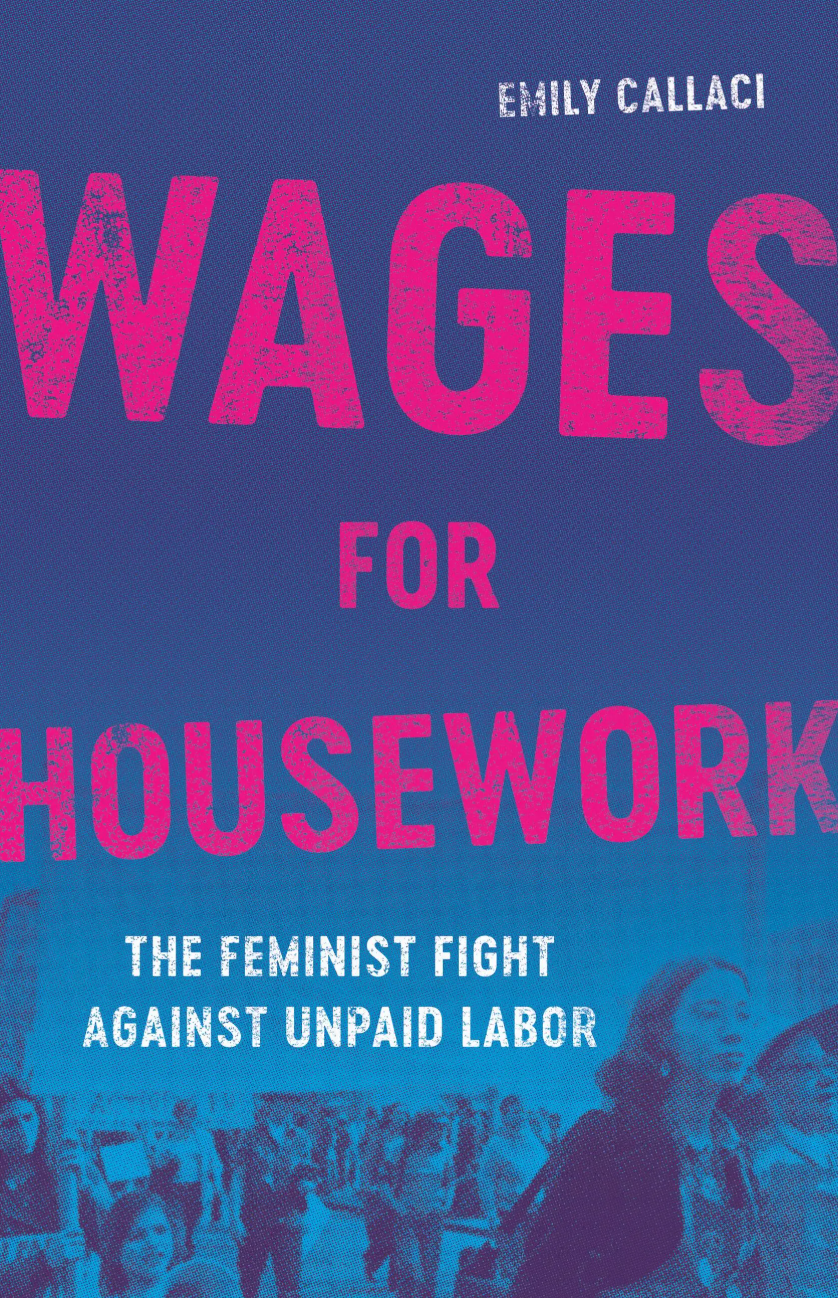The goals of the Wages for Housework campaign went far beyond giving women economic independence. By making the labor of housework visible as labor, wages would enable those who performed it to organize for better working conditions. Wages for housework was a rejection of compulsory heterosexuality: Because women would no longer be reliant on someone else’s paycheck, they would be freer to choose not to marry, to leave their husbands, or to partner with women. Those who had to work outside the home as well as within it could quit their jobs if they wanted to, since housework could become the means by which they supported themselves and their families financially. Perhaps counterintuitively, wages for housework would also enable women to refuse housework: Once housework was regarded as a job, rather than the natural activity of women, women could go on strike or choose to do some other kind of work without being seen, or seeing themselves, as aberrations or failures.
Finally, wages for housework would be a crucial tool in establishing solidarity between women, and in bringing down global capitalism. Women with jobs outside the home—especially jobs that involved care work like nursing, cleaning, or sex work—would recognize housewives as fellow workers. Husbands and wives would no longer see one another as worker and helpmeet, but as comrades who could fight together for mutual liberation.
Emily Callaci’s Wages for Housework: The Feminist Fight Against Unpaid Labor is a history of the Wages for Housework campaign and a group biography of five of its leaders: Selma James, Mariarosa Dalla Costa, Silvia Federici, Wilmette Brown, and Margaret Prescod. It is also the first history of the movement that stretches from its beginnings to the present day. All five of Callaci’s central figures are still alive, and of an age to be assembling their archives (the oldest, James, is 94). Wages for Housework draws on these archives, as well as on interviews with James, Dalla Costa, and Federici, and others who organized in the movement.
Callaci suggests that today, demanding wages for housework sounds “less strange” than it once did. Thanks to Covid and the aging populations of many countries, conversations about care work are common. (Will working-class men retrain as nurses? Is heterosexual marriage a trap for professional mothers?) Dwindling social mobility has caused many to lose faith that education and workplace productivity will lead to economic stability. “Quiet quitting” is an individual response to this loss of faith; so is self-care, when stripped of its radical origins. To revisit Wages for Housework in this moment is to encounter a collective response to many of today’s problems—albeit one that requires the complete transformation of society.
